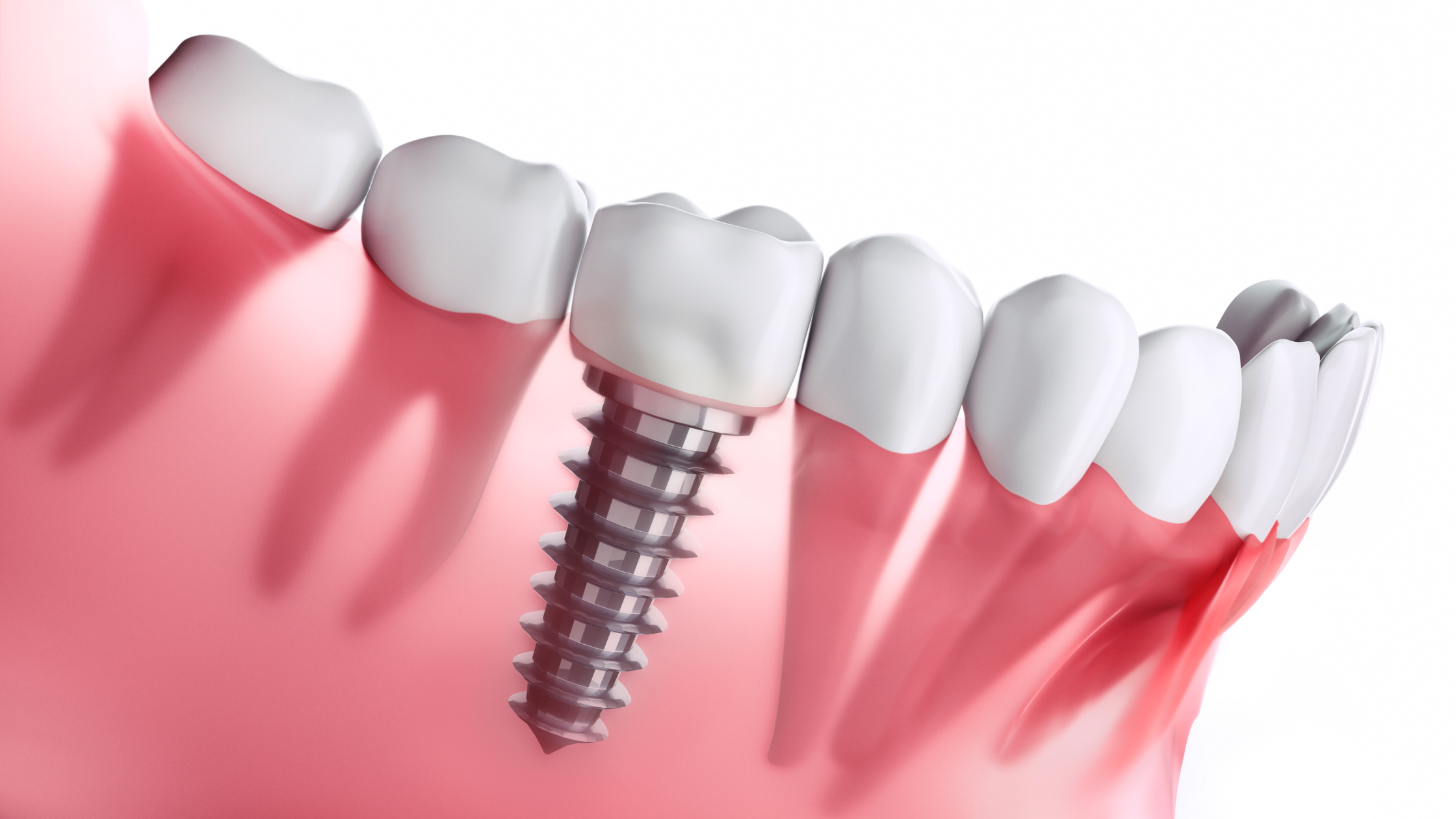Key Takeaways:
- Dental implant costs can range from $1,000 to over $3,000 per tooth, influenced by factors like the type and number of implants, geographic location, and the dentist’s expertise.
- Dental insurance might not cover implants as they’re often considered a cosmetic procedure.
- If insurance doesn’t cover your procedure, many dental practices offer financing plans or partnerships with third-party providers to make the process more affordable.
- While the upfront costs can be high, dental implants are a long-term investment in your health, capable of lasting a lifetime with proper care, thereby potentially saving you money in the long run compared to other alternatives.
Dental implants are a game-changer in the field of dentistry, allowing individuals to replace missing teeth with ones that look, feel, and function like their natural counterparts. Unlike dentures, these implants are rooted in the jawbone, offering an incredibly stable foundation for artificial teeth. But the pressing question for many remains, “How much do dental implants cost?”.
Why Consider Dental Implants?
Lost or damaged teeth can be more than just an aesthetic issue—they can lead to health problems, impact self-esteem, and disrupt normal functions like eating or speaking. That’s where dental implants come into the picture.

The Costs Associated with Dental Implants
Now, let’s cut to the chase: the costs. Dental implant procedures can vary significantly in price, starting from about $1,000 to over $3,000 per tooth, and that’s not even considering full-mouth restoration. Why the wide range? It boils down to several factors.
Factors Influencing the Cost of Dental Implants
The total cost of dental implants isn’t just for the implant itself. It also includes the abutment and the crown, not to mention the surgery and follow-up care. Let’s break down the variables.
Type of Implant:
There are different types of implants, and the best one for you will depend on your specific needs. For instance, endosteal implants are placed directly in the jawbone, while subperiosteal implants sit under the gum but above the jawbone. Your choice impacts the cost.
Number of Implants:
It goes without saying that the more implants you need, the higher the cost. A single tooth replacement won’t hit your wallet as hard as a full set.
Geographic Location:
Where you live affects how much you pay. Major metropolitan areas with higher costs of living typically see higher dental care prices.
Dental Professional:
The experience and reputation of the dental professional you choose also factor into the cost. Specialists may charge more than general dentists, but they also bring more expertise to the table.
Financing Options for Dental Implants
If insurance isn’t an option, don’t despair. Many dental offices provide financing plans or partner with third-party providers. Some even offer sliding scale payments based on income, ensuring you can manage the cost without compromising on quality.
How to Choose the Right Dental Professional
Choosing the right professional is just as important as understanding the costs. But what should you look for?
Qualifications to Consider
When selecting a dentist for implants, consider their education, training, experience, and reviews. Don’t hesitate to ask for before-and-after photos of previous implant procedures and verify their credentials.
Conclusion
Dental implants represent a significant investment, but they’re well worth the cost considering the quality of life improvements and long-term health benefits. By understanding the factors influencing the cost and exploring insurance and financing options, you can make informed decisions and take the first step toward a confident, healthy smile.
FAQs
Can dental implants last a lifetime?
Yes, with proper care and maintenance, dental implants can last a lifetime.
Are dental implants as strong as natural teeth?
Dental implants are designed to mimic the strength and function of natural teeth, allowing individuals to eat, speak, and smile confidently.
Do dental implants require special care?
Dental implants don’t require special care beyond good oral hygiene practices and regular dental checkups.
Can anyone get dental implants?
Most adults in good general and oral health are suitable candidates for dental implants. However, certain conditions and diseases can affect whether dental implants are right for you.
Are there cheaper alternatives to dental implants?
Yes, alternatives like dentures or bridges are typically cheaper upfront, but they may require more frequent replacement and can’t match the performance and comfort of dental implants.